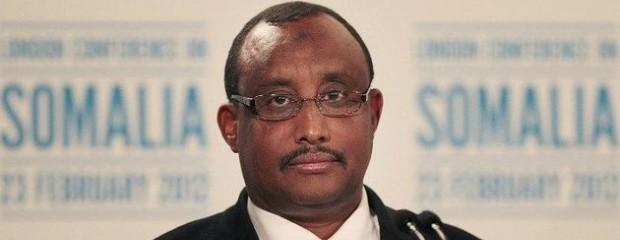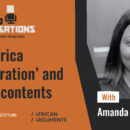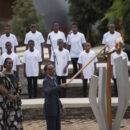Insiders Insight: Why strongmen like jailing journos on “fake news” charges


Of 61 journalists imprisoned in Africa, 25 are in Egypt. Credit: Hossam el-Hamalawy.
If you haven’t subscribed to the Insiders Newsletter, you’re missing out on the juiciest insights from our top journalists and analysts. To subscribe, click HERE. It only takes as moment.
Below is a list of the sections that you’re missing out on, but below that there’s a preview section to whet your appetite.
- Donald Trump’s new Africa strategy…
- The worsening Ebola outbreak in the DR Congo…
- Our chart of the week on corruption perception in the Gambia…
- A report of the week on increasing violence in the Sudanese borderlands…
- Our weekly Election Watch newsletter, published each Friday…
- Links to many excellent articles from around the internet…
SUBSCRIBE NOW
Why strongmen like jailing journos on “fake news” charges
According to the yearly report by the Committee to Protect Journalists, 61 members of the press are imprisoned across Africa. The most prolific jailer on the continent is Egypt, where 25 journalists are behind bars, followed by Eritrea with 16. Nine African countries who have jailed at least one journalist.
In another example that rhetoric has consequences, “fake news” has become the charge of choice for repressive African governments to silence critical reporters. The majority of jailed journalists are charged with this ill-defined crime, with governments in Egypt, Rwanda and Cameroon taking a particular liking to it.
The attractiveness of the “fake news” charge is obvious: US President Donald Trump has popularised the allegation, together with his branding of the press as the “enemy of the people”. All countries that employ the charge closely cooperate with the US security establishment and probably see the rhetorical alignment with Trump as a way to insulate themselves from diplomatic fallout over the arrests.
Eight journalists were killed in African countries in 2018. In four cases, the motive was related to their work, including the murder of three Russian journalists in the Central African Republic.
One of the few bright spots is Ethiopia: in the wake of wide-ranging political reforms under Prime Minister Abiy Ahmed, all journalists were released from jail. This marks the first time since 2004 that the CPJ hasn’t listed a member of the press being imprisoned in Ethiopia.
- Overview of the yearly CPJ report
- Visual database of all jailed journalists
- For the first time in decades, there are no Ethiopian journalists in prison (Quartz Africa)
- In Cameroon, journalists are being jailed on charges of ‘fake news’(Washington Post)
Compiled by @PeterDoerrie
This week’s editorial team: @PeterDoerrie, @_andrew_green, @jamesjwan
To get the full newsletter every week, subscribe now: SUBSCRIBE NOW






